The Importance of Education for Tribal People – Shivaa NGO
Satya2025-01-08T01:30:02-05:30Tribal people are some of the most marginalized and disadvantaged groups in the world. They often live in remote areas, with limited access to education, healthcare, and other essential services. As a result, they are more likely to be poor, illiterate, and discriminated against.
Education is the key to breaking the cycle of poverty and discrimination for tribal people. It can help them to improve their economic opportunities, gain access to healthcare, and participate more fully in society. Education can also help to preserve tribal cultures and traditions, which are often under threat.
There are many challenges to providing education to tribal people. These challenges include:
- Remoteness: Many tribal people live in remote areas, which makes it difficult to provide them with access to schools and teachers.
- Language: Many tribal people speak their own languages, which can make it difficult for them to learn in mainstream schools.
- Culture: Tribal cultures often have different values and beliefs than mainstream cultures, which can make it difficult for tribal children to adjust to school.
- Poverty: Many tribal families are poor, which can make it difficult for them to afford to send their children to school.
Despite these challenges, there are many organizations working to provide education to tribal people. These organizations include government agencies, non-governmental organizations (NGOs), and community-based organizations.
These organizations are working to overcome the challenges to education for tribal people by:
- Building schools in remote areas: This makes it easier for tribal children to access education.
- Providing teachers who speak tribal languages: This helps tribal children to learn in their own language.
- Providing cultural sensitivity training: This helps teachers to understand and respect tribal cultures.
- Providing financial assistance to tribal families: This helps families to afford to send their children to school.
The work of these organizations is making a difference in the lives of tribal people. More and more tribal children are attending school, and they are achieving better educational outcomes. Education is giving tribal people the opportunity to improve their lives and to participate more fully in society.
How You Can Help
There are many ways that you can help to provide education to tribal people. You can:
- Donate to an organization that is working to provide education to tribal people.
- Volunteer your time to an organization that is working to provide education to tribal people.
- Advocate for policies that support education for tribal people.
- Educate yourself about the challenges facing tribal people and the importance of education for them.
Every little bit helps. By working together, we can make a difference in the lives of tribal people and help them to achieve their full potential.


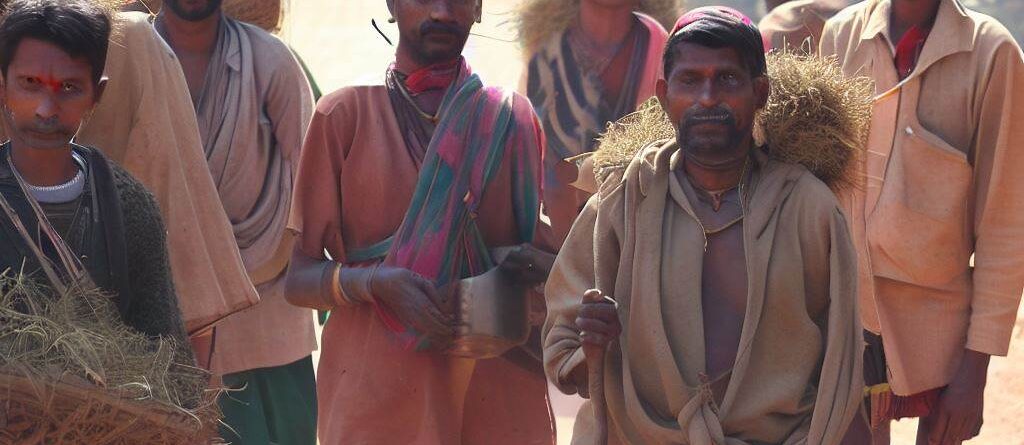
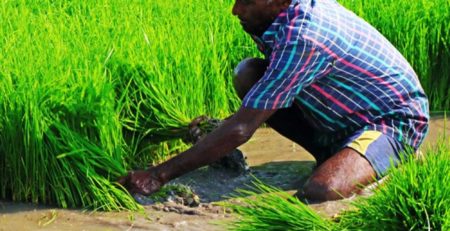
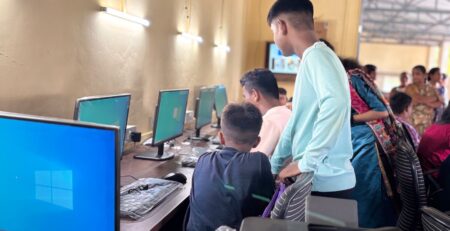
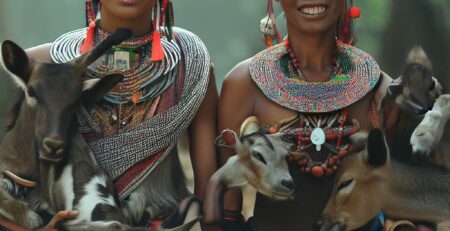
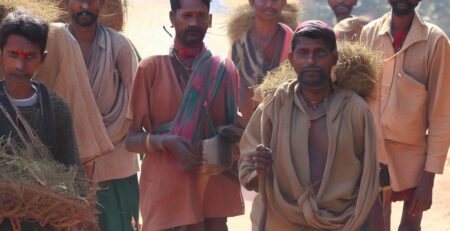
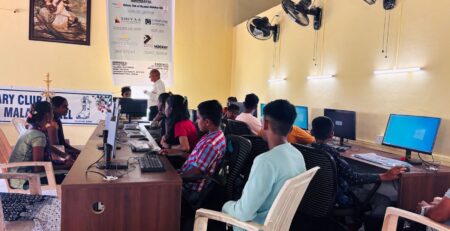
Leave a Reply